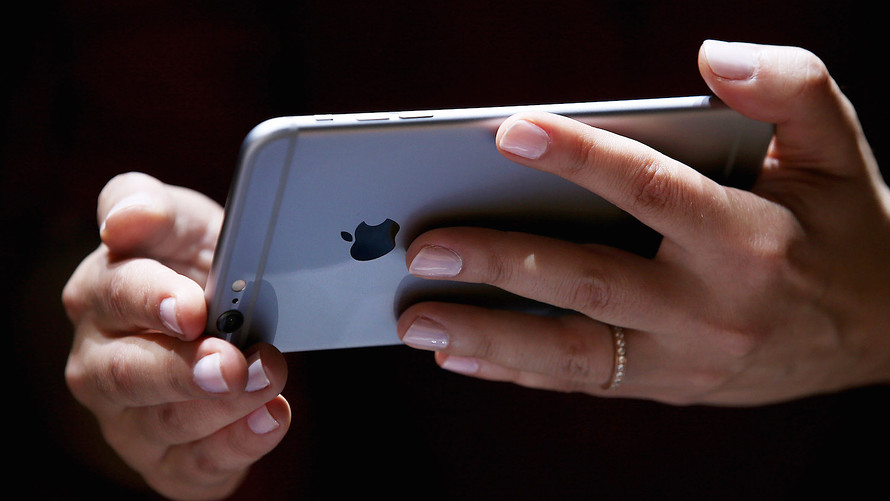
How to use it the right way
Ever gotten a Slack message from someone sitting 10 feet away and wondered why he couldn’t have just walked over? Or been in a meeting and caught colleagues surreptitiously tapping away at their phones under the table? Or, worse, found yourself getting distracted when your phone buzzes during a meeting, then being completely unprepared when your boss asks you a question?
“Look, technology is designed to make us want more,” says workplace strategist Erica Keswin. Research firm Dscout found that we type and swipe on our smartphones an average of 2,617 times a day. A big reason for that, researchers say, is that each time we get an alert, a brain chemical called dopamine is released that makes us feel happy. So we return to our phone over and over again, seeking another hit of happiness—even if that means tuning out during a conversation or a staff meeting.
“Left to our devices—and that pun is intentional—they can make us jerks and suck us in and keep us from connecting,” says Keswin, who’s studied the impact of technology on both personal and professional relationships.
So, how can we harness technology to enhance, rather than disrupt, our relationships at home and at work? We asked Keswin, whose new book “Bring Your Human to Work” delves into the effects technology has had on our relationships at work and how to rebuild those connections, for some pointers.
Is technology turning us into jerks at work—or just amplifying jerk-like tendencies that might already exist in some of us?
Erica Keswin: If someone is a jerk, it can certainly exacerbate your jerkiness. But the other side of it is that if you’re not a jerk, if you’re not careful, it can turn you into one. It’s so important to be strategic in your use of technology.
Obviously, putting your phone away when you’re having a one-on-one conversation makes sense. But what are some of the less obvious ways we can keep technology from getting in the way of our relationships at work—and at home?
The way I think about it is: How do we find that sweet spot between leveraging all that is great about technology but putting it in its place, which can be away? The framework I use is what I call matching message to medium. Think about communication on a continuum. All mediums aren’t created equal. The mistakes I see people getting into happen when we default to the technological end of the spectrum.
What compels us to text instead of calling—or call in instead of showing up in person for a meeting?
It could be that we assume a certain level of efficiency, or we’re lazy—or we’re just uncomfortable with other mediums… So I urge people to pause first and ask: What is my goal? If you’re 10 minutes late for a call, fine, send a text. But if you’re an hour late for a meeting with your boss, you better not send a text.
Are there some general ways to ensure you use technology in the right way at work?
Set rules of the road. Have a discussion with your boss, your direct reports, your client. Ask: What is our medium of communication and for what kinds of messages? Are we on email and only text if its an emergency?
Should we ban phones at meetings?
The data is clear that there is more substance and you’re more productive when the technology is put away, and you’re present… People don’t realize what they are missing until they are forced to be present. It’s almost a gift these days to only focus on one thing and not be pulled in by technology.
So, how do we choose the best medium in the moment—whether it’s in our professional or personal lives?
Generally, just pressing the pause button and thinking more strategically about what the best medium is to address the issue is important. Maybe you get off of email and walk down the hall, or you get [off the phone] and get on a plane to be there in person. If we just build that pause into our routine, we’re more likely to choose a higher level of communication.


